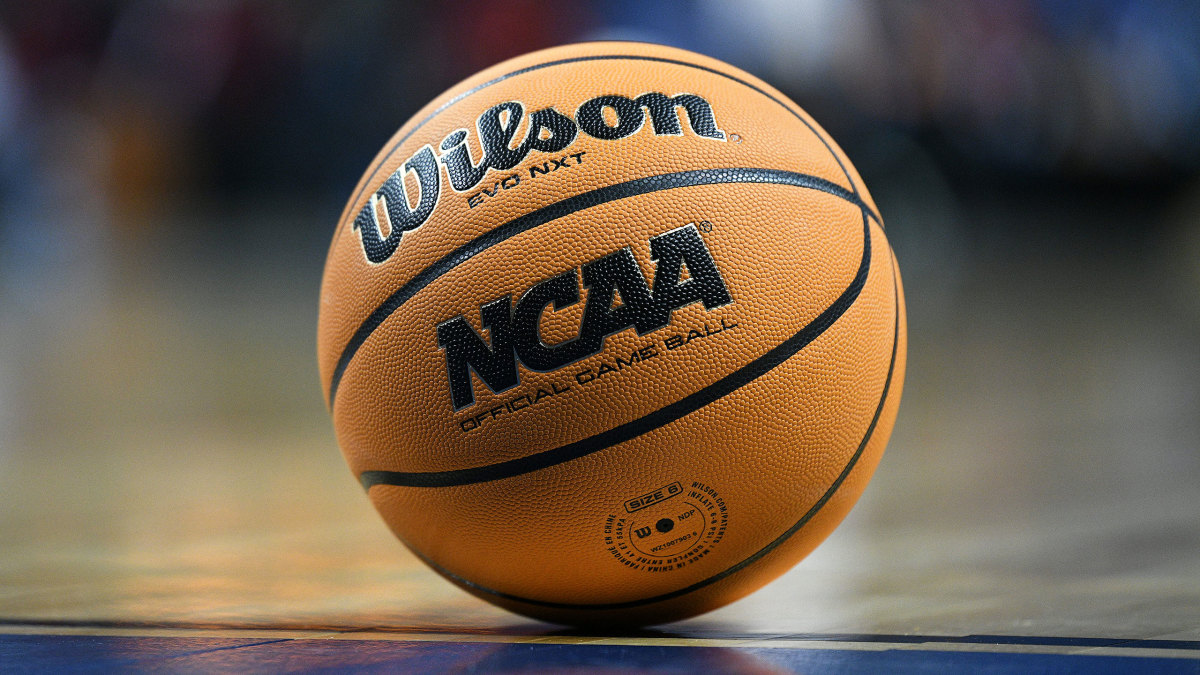The NCAA Approval of NIL Guidelines Signals a Crackdown on Boosters Could Be Coming
The NCAA took another step in cracking down on booster-led collectives as it relates to name, image and likeness (NIL) payments.
The Division I Board of Directors approved new NIL guidelines Monday, clarifying existing bylaws that prohibit boosters from being involved in recruiting. The group of school presidents rubber-stamped the guidance that college leaders hope will jump-start the NCAA enforcement staff to investigate potential rules violations, both past and future, as reported by Sports Illustrated last week.
Despite the clarity coming 10 months into the NIL era, the guidelines are meant to be retroactive. According to the guidelines, the NCAA enforcement staff is given the freedom to investigate those who egregiously violated bylaws in the past.
The guidance’s primary purpose is eliminating a booster’s involvement in recruiting, members of an NCAA NIL working group said last week. Officials say boosters and booster-led collectives are using NIL-disguised transactions to induce prospects to sign with their school or convince current players to remain on their school’s roster, something SI detailed last Monday.

Any booster or booster-led collective that has been found to have associated with a prospect about recruiting—on another college team or in high school—will be found to have violated NCAA rules, and the booster’s school is at risk of sanctions, Colorado athletic director Rick George told SI last week. George serves on the NCAA NIL working group.
A booster, or booster-run collective, “cannot communicate with a student-athlete or others affiliated with a student-athlete to encourage them to remain enrolled or attend an institution,” George said, citing the guidelines.
“What’s happening now—I only know what I hear—is the inducements violate rules,” Ohio State AD Gene Smith, also a member of the working group, told SI last week from Big Ten meetings in Scottsdale, Ariz. “Hopefully this passes Monday and will give more clarity and guidelines. But then, [NCAA] enforcement has to enforce. The schools need to enforce as well. That’s the other part. At the end of the day, you have an institutional responsibility to enforce.”
However, it’s unclear whether the NCAA will suddenly spring into action.
NCAA enforcement has been unwilling and maybe even unable to enforce existing bylaws, George and Smith say. For one, the organization is concerned any enforcement will trigger a bevy of antitrust legal challenges. Second, the NCAA enforcement staff is ill-equipped for a full-scale nationwide inquiry. It is down 15–20 members from pandemic layoffs. Smith says the association plans to replace people eventually.
The NCAA enforcement’s staffing situation “is the biggest issue” when it comes to why the organization has not deeply pursued violators, George says. But industry experts contend that any enforcement will invariably generate lawsuits from wealthy donors.
Hundreds of deals have been struck with booster collectives, which now number about 100, many of them having already pooled more than $5 million in a sort-of player salary pool tagged for “NIL.” Boosters say they are in compliance with their state laws governing NIL and/or the NCAA’s interim policy—and they have proof, those who spoke to SI say.
“We feel our platform is the only one in the country that truly would be resilient to any attack by the NCAA, because we do have a quid pro quo,” said John Ruiz, a prominent Miami booster and billionaire who plans to spend millions on NIL endeavors for Hurricanes athletics. “The payments are made electronically to them every two weeks. It’s a pretty well-oiled machine.”
The NCAA’s Supreme Court loss in the Alston case last summer coupled with a bevy of state laws that protect boosters themselves make it difficult for the governing body to enforce its own bylaws.
“If they punish the kids, they will have lawyers lining up,” says Arizona-based sports attorney Gregg Clifton. “There will be a class-action lawsuit within 48 hours.”
NCAA sanctions are not expected to be directed at player eligibility but will instead sanction schools in other ways for not controlling their boosters, working group members said.
Many boosters and collectives are managed by platforms such as Opendorse that assure they remain in compliance by tracking all athlete deals. Several are managed by sports agents and savvy attorneys who have kept documentation of their communication and the quid pro quos that are necessary to adhere to state laws and the NCAA’s interim policy.
“I do think if the NCAA is able to go after the schools in some manner based on what the collectives are doing as representatives of a school’s athletics interest, that could put a stop to some of the inducement stuff going on right now,” says Mit Winter, a sports attorney who advises several collectives. “But if the NCAA declares an athlete ineligible, it’s likely that a lawsuit would ensue. Same with boosters and collectives.”
A plague on the NCAA for years, potential litigation was the primary reason the association abandoned plans last summer to implement a more permanent policy with guardrails governing NIL, opening the door for wealthy donors to creatively maneuver around vague interim guidelines.
Now, 10 months into the NIL era of college sports, as elite Power 5 program boosters bankroll football teams in a high-priced bidding war, the organization is shifting into attack mode. It raises more questions than answers.
“Whether it’s possible to unring the bell, it remains to be seen,” says Big 12 commissioner Bob Bowlsby, on the working group that spent two years on a permanent policy only to see it abandoned at the last minute last June. “Seems to me we would have been infinitely better off had we gone ahead and implemented the guardrails.”
More College Coverage:
• Leaders Urge NCAA to Enforce NIL Guidelines
• NIL, ‘Booster Banks’ and Recruiting Wars
• CFB Working on Solution to Roster Depletion
